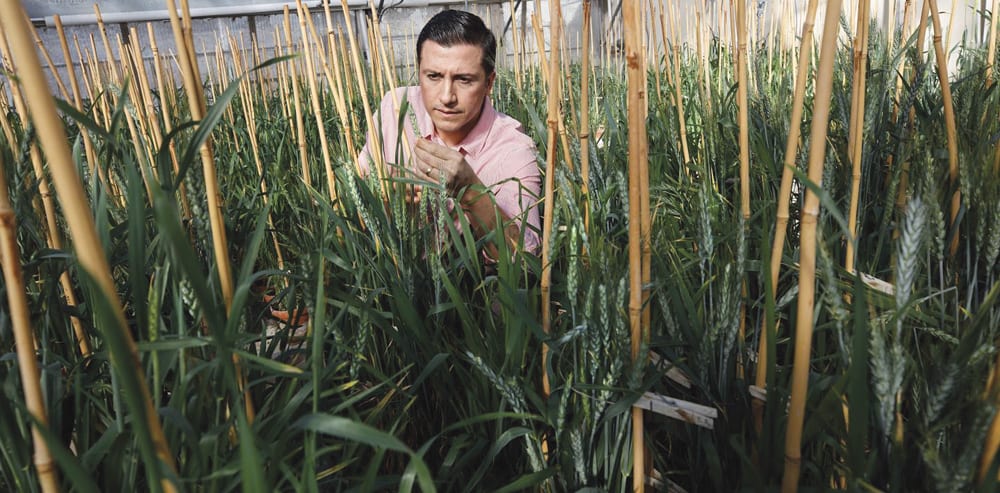Scientist Benoît Bizimungu and his team at the Potato Research Centre in Fredericton, New Brunswick, and the Lethbridge Research Centre in Alberta have developed a low-glycemic potato.
Low-glycemic-index foods digest slowly, without creating a big spike of sugar and insulin in the body. This helps to achieve sustainable weight loss and improvement in the management of diabetes.
Further trials will tell whether it could open up new menu possibilities for diabetics and others following low-glycemic diets for weight loss.
“Our first release successfully completed two years of industry evaluation in 2013,” Bizimungu said in a release. The variety was turned over to Parkland Seed Potatoes Ltd. in Edmonton, Alta., for further testing with the option to license it.
New selections of low-glycemic potatoes are being developed at the Potato Research Centre.
Other specialty potatoes being developed by the Fredericton research team include germplasm with pigmented flesh and enhanced antioxidant content, as well as potatoes with high starch for industrial use.
The new varieties are developed using traditional breeding methods and exploiting natural genetic diversity existing in local or exotic potato germplasm from South America. Some new technologies help to speed up the development process. For instance, a near-infrared spectrometer and a rheometer at the Potato Research Centre allow scientists to measure starch content and composition of potatoes with a simple test. This technology eliminates years of trial and error to identify desirable characteristics.
Read Also

So you want to farm strawberries
If you’re considering starting or expanding a Prairie strawberry farm, autumn is the time to start sourcing and securing the plants and inputs you’ll need, a producer from one Alberta-based U-pick says.
This mix of traditional techniques and new technologies is helping scientists develop potatoes that are adapted to local growing conditions and that have improved nutritional qualities. The next step is for the potato industry to test the varieties for their commercial potential.


















